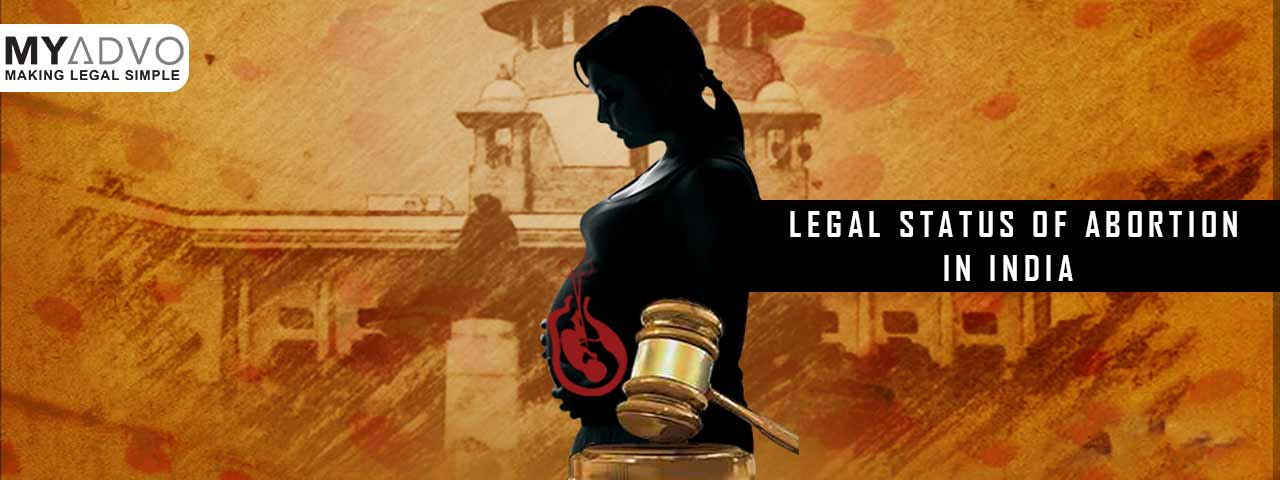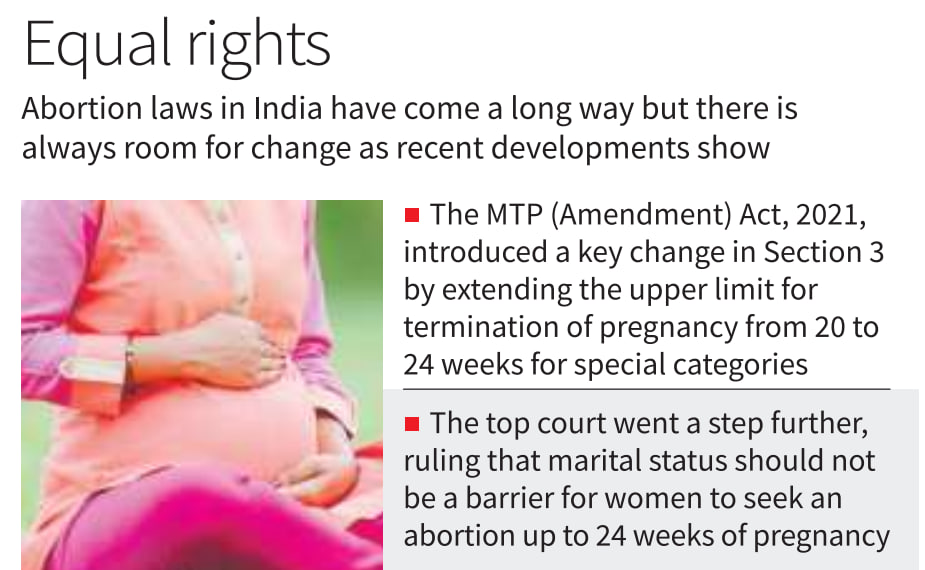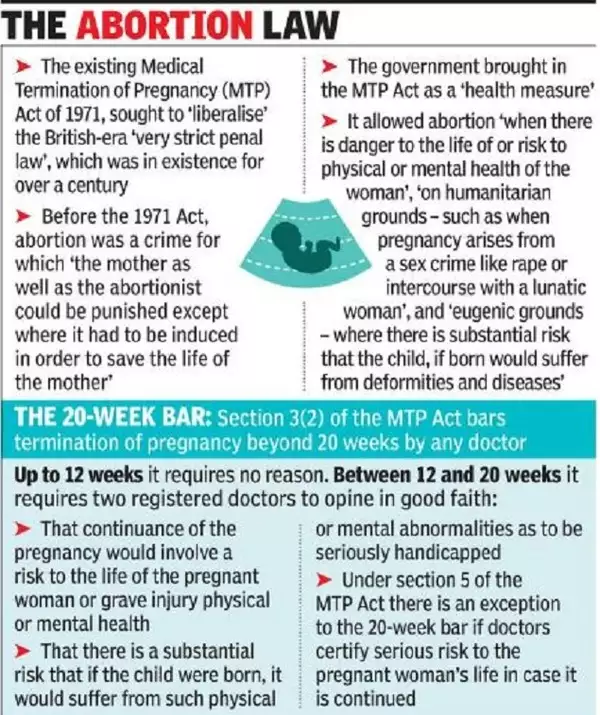Free Courses Sale ends Soon, Get It Now


Free Courses Sale ends Soon, Get It Now



Copyright infringement not intended
In News
Details

Copyright infringement not intended
Abortions law in India

Copyright infringement not intended
Concern
Way forward
© 2024 iasgyan. All right reserved